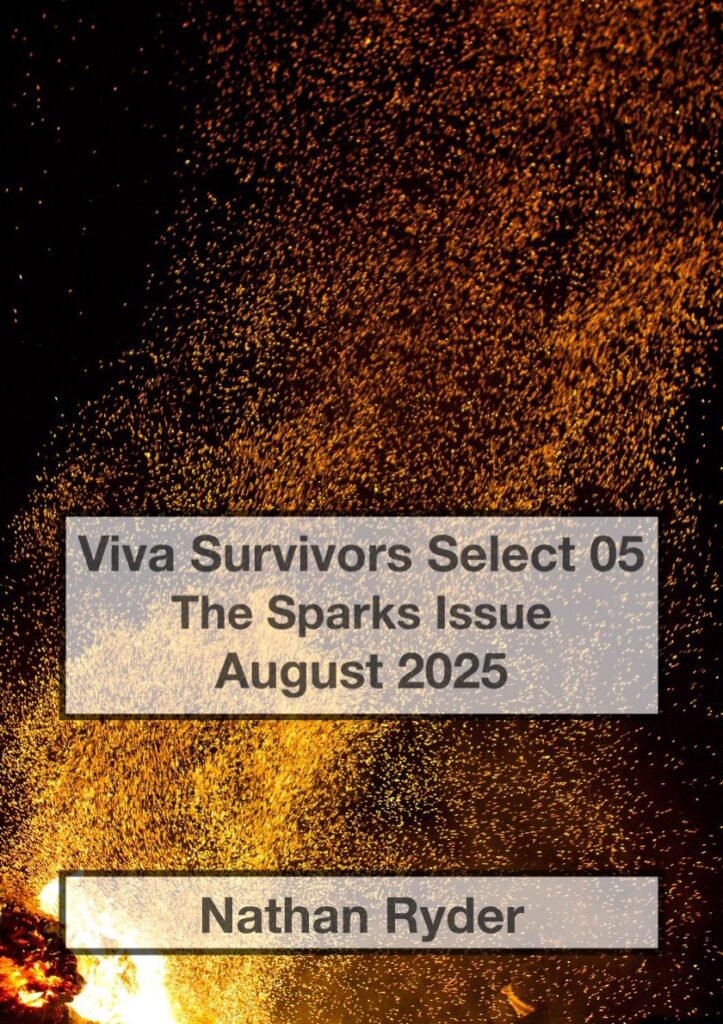Ask The Right Person
Do you have any of these questions rattling around your mind?
- What happens at vivas?
- How much time is given for minor corrections?
- What does “major corrections” mean?
- If I don’t want a mock viva what could I do?
- When do I know when my viva will be?
I’ve been asked these lots of times at webinars, over email and in-person when I used to travel for work. I am always happy to help but it’s also worth pointing out that some questions I’m asked can be dug into far better by the candidate asking.
I can give a general perspective on regulations and expectations – but if you ask someone at your institution or read your regulations you’ll know exactly what you need. I can suggest the kinds of good support you could get from someone else if a mock viva doesn’t feel right – but you could know exactly who around you would be best placed to offer help.
Always ask. If you see me in a webinar or want to send me an email please do! I will always respond. But consider that someone much closer to you could help with some problems much more effectively.
PS: the latest issue of Viva Survivors Select contains a lot of helpful thoughts for your viva. It might not answer all your questions, but it will give you a lot of help. It’s available at my Payhip store along with the previous issues of curated collections and other resources too. Take a look if you can and tell anyone else who needs viva help 🙂 Thanks for reading!
